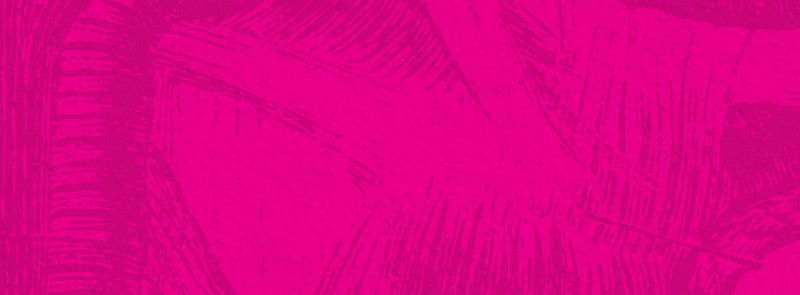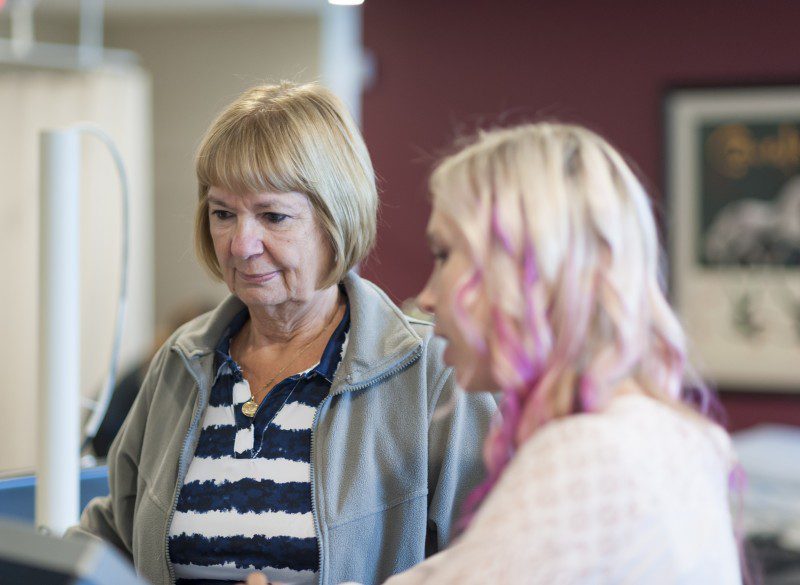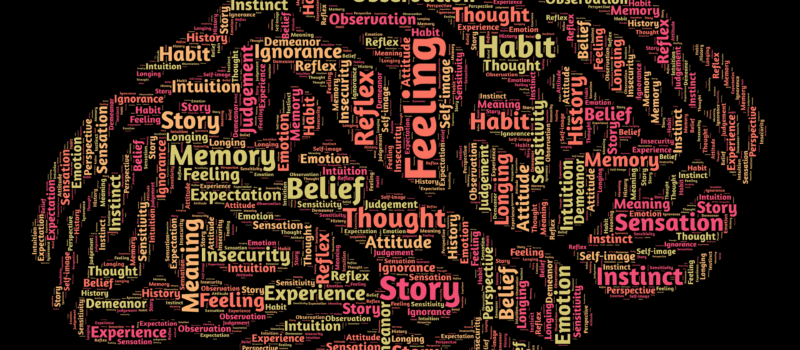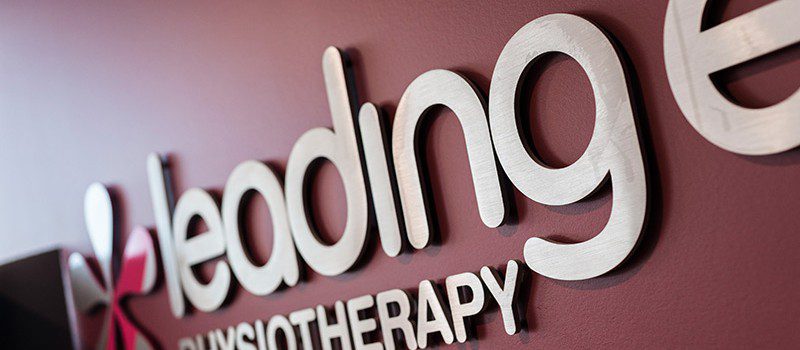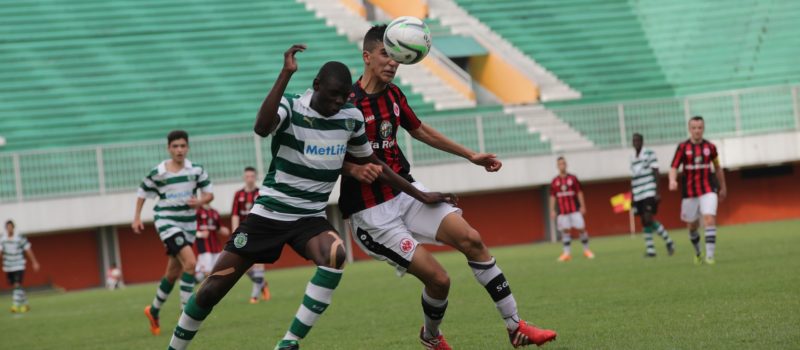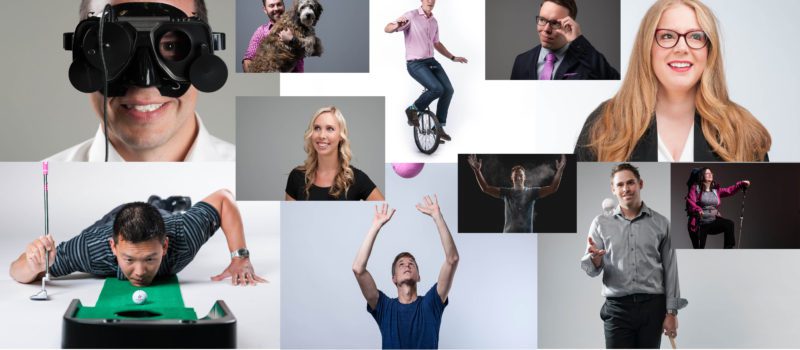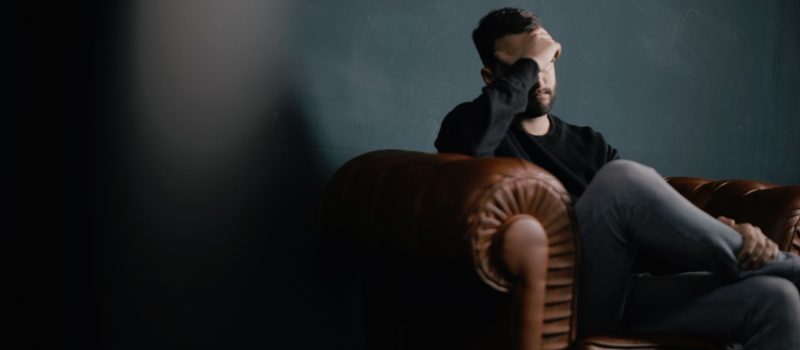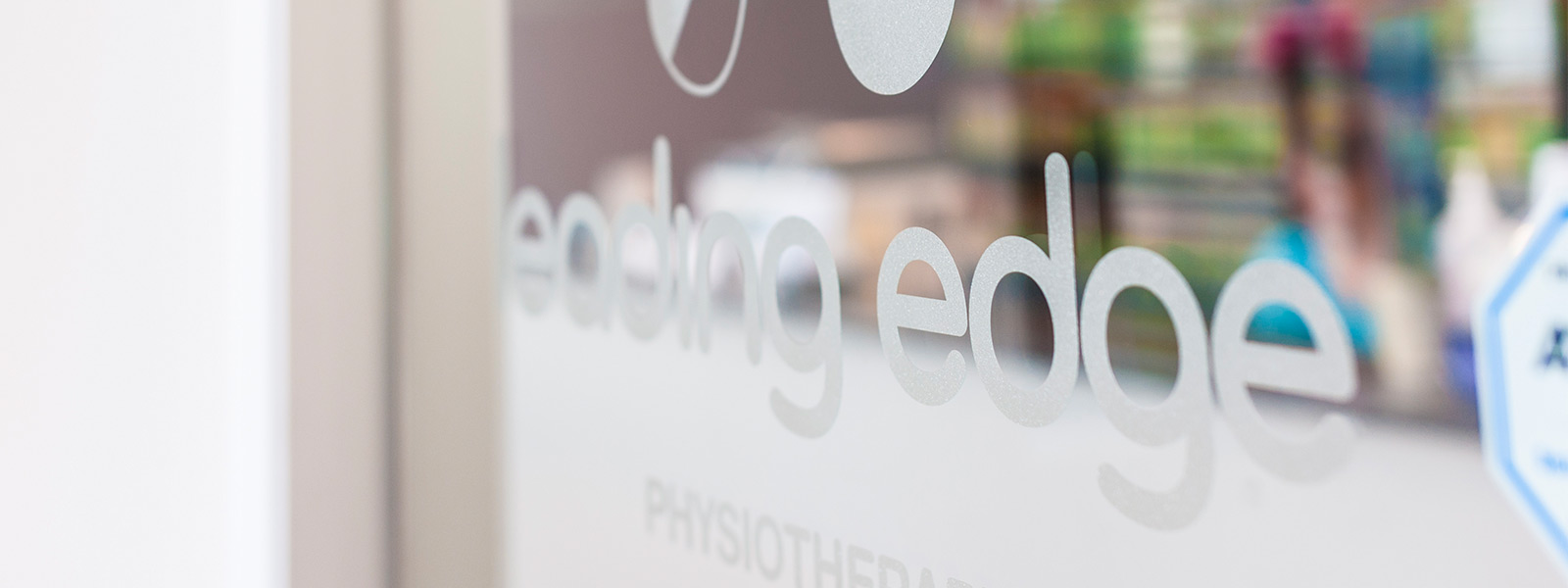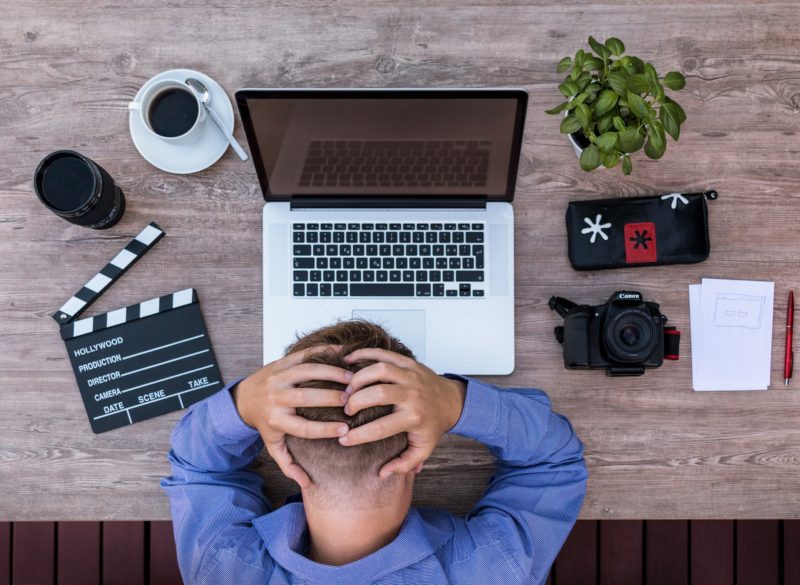
Available at Capilano Rehabilitation Centre, St. Albert, Heritage Valley, and University District Calgary locations.
when the brain doesn’t process the way it is supposed to
The brain weighs about 3 pounds and is encased in a hard protective shell called the skull. In everyday life, we are accustomed to a series of automatic actions which are allowed to occur as millions of messages are being sent throughout the brain. This is happening so fast and automatic that we are not aware of it most of the time. But what happens when these signals are interrupted and the brain doesn’t process the way it is supposed to?
what is a concussion or mild traumatic brain injury (mTBI)?
A concussion/mild traumatic brain injury is an acute neurophysiological event related to blunt impact or other mechanical energy applied to the head, neck or body (with transmitting forces to the brain). This can occur as a result of sudden acceleration, deceleration or rotational forces. This event can cause damage to living brain tissue at the cellular level which can cause previously automatic skills to now require conscious or deliberate processing. This often leads to fatigue due to a higher demand on cognitive capacity.
it can be sustained from:
- a motor vehicle crash,
- sport or recreational injury,
- falls,
- workplace injury,
- or assault.
after a concussion or brain injury there may be cognitive problems such as:
- disorientation,
- memory difficulties,
- attention problems,
- information processing problems,
- visual processing problems
- or language problems.
There could also be damage to executive functions such as goal-setting, planning, organization, self-initiation, self-evaluation and monitoring, flexible problem solving, self-awareness and social judgment. Additionally, a person may experience psycho-social problems relating to your emotions or social interactions such as personality changes, reduced tolerance to frustration, irritability, emotional lability, mood swings, lack of interest in others, anxiety and depression.
cognitive therapy isn’t just for brain injury?
People who are having difficulty with any of the above issues may have also acquired them in another way. This can include cancer treatment or following a viral infection such as Covid (Long Covid). It may also be that you just wish to get better in your cognitive performance such as those in demanding occupations or who wish to excel at a high level of sport.
the leading edge cognitive rehabilitation program
We are pleased to bring Leading Edge Physiotherapy’s occupational services to those who require cognitive rehabilitation in Edmonton, Calgary and St. Albert. At the first visit a thorough analysis is completed in which we identify the deficient underlying key cognitive skills through the use of standardized tests, questionnaires and structured interview. Once the deficit is determined, we then use education and training exercises designed to improve that particular deficit over a series of visits. This typically involves pen and paper tasks, remedial games, and/or computer tasks. We also help clients identify external and internal strategies to compensate for their cognitive deficits. Finally, we work with you to ensure all cognitive work aims to improve functional activities of daily living. Treatment programs are individualized for each patient and their specific goals. This is provided in our St. Albert facility that is designed specifically for patients who are dealing with the consequences of concussion and/or mild traumatic brain injury.
The Guideline for Concussion/Mild Traumatic Brain Injury & Persistent Symptoms, 3rd edition states that patients who have:
1) comorbidities or identified health or risk factors and are not on a trajectory of improvement within the first month, or
2) persistent symptoms greater than 4 weeks post-injury, it is recommended that these patients be referred for more comprehensive interdisciplinary evaluation to specialized concussion services/clinics.
Patients who are facing difficulty focusing, complain of brain fog or other issues with processing such as after Covid, wish to excel in areas of high performance (sport) and/or wish to increase their ability to direct their attention better can also benefit. If this sounds like you, then it’s worth a visit to your friendly neighborhood occupational therapist at Leading Edge.
Cognitive Rehabilitation Therapy focuses on the development of cognitive skills, which have been lost or altered as a result of neurological trauma. The aim of treatment is to improve the ability to carry out everyday tasks. The process includes development of skills through direct retraining or practicing the underlying cognitive skills, use of internal compensatory strategies, use of external aids, education about the problems, causes and implications, and application of all of this in everyday life.
CRT uses process training or practice of various cognitive tasks to optimise the ease with which functions can be performed. It uses consistent and structured activities designed to improve cognitive skills through re-routing information around non-damaged neural pathways in the brain.
Traumatic / Acquired Brain Injury
At Leading Edge Physiotherapy, we use the Brain Enhancement and Recovery System (BEARS) for treatment of traumatic and acquired brain injury. BEARS is designed to help patients do more than just compensate after brain injury. It utilizes a neuroplasticity-based, researched program designed to help everyone improve their quality of life. Neuroplasticity means that the brain can and does repair itself and change in response to damage caused by an injury or illness.
The BEARS program utilizes a 4-pillar approach which includes cognitive exercises, aerobic exercise, mindfulness, and progress tracking to help you achieve your health goals more effectively. It can help you target a wide range of cognitive challenges, including memory, reasoning, fatigue, focus, and the ability to organize and plan. It differs from other cognitive programs, in that it:
1. Addresses struggles at the root cause by retraining your brain
2. Raises return-to-work chances from about 40% to 77%
3. Provides the support needed to get better results
4. Focuses on the day-to-day experiences that you have at home and work
5. Can be done virtually from home
You can benefit from BEARS if you:
Have sustained a traumatic brain injury or concussion
Have an acquired brain injury from stroke or overdose
Are experiencing brain fog after COVID-19 infection or other illnesses
Are experiencing cognitive decline, either from aging or other causes
Struggle with anxiety or depression
Want to enhance your athletic performance
Want to enhance your cognitive performance in other areas, including work.
At Leading Edge Physiotherapy we focus on addressing your specific cognitive challenges and rebuilding your capacities through neuroplastic programming, instead of only employing compensatory strategies. The goal is to help our clients actually regain the abilities they’ve lost and improve their overall quality of life.
Instead of seeking to help you live within your newly limited capabilities, we want to help you return to succeeding in work and school, and participating in the activities you love.
YES…
Long-Covid Treatment
A growing number of people are experiencing long-lasting neurological symptoms of COVID-19. Long COVID brain fog has now become a serious health concern for those who experienced even mild symptoms when first infected. We know that finding and receiving proper treatment for this new condition can take time and resources, so we want to do our part to make you aware of an option available to you or your friends and family who may be dealing with long COVID.
The cognitive recovery and enhancement program we offer at Leading Edge Physiotherapy is designed to help people improve their brain function with neuroplasticity programming and a highly individualized, patient-led approach to cognitive care. It addresses a wide range of cognitive symptoms, many of which may be experienced with long COVID.
Cognitive symptoms of Long COVID can include:
– Inability to concentrate
– Headaches
– Confusion
– Lack of mental clarity
– Memory problems
– Mental fatigue
– Slower information processing
Meet the Director of our Cognitive Rehab Program
Lisa graduated with a Masters in Occupational Therapy from the University of Alberta, but quickly garnered further training and credentials in functional capacity evaluation, ergonomic assessment and advanced orthotic prescription. Utilizing her Matheson training, she has extensive experience providing detailed medical legal, return to work and rehabilitation functional evaluation assessments. Working closely with our vestibular experts she is also able to provide vestibular and cognitive functional assessments for those with concussion, mild traumatic brain injury, balance and/or gait dysfunctions. Lisa combines her keen observation skills with her understanding of vocational and occupational concepts to provide timely and comprehensive documentation for clients. She also has years of practice as our gait analysis expert and with thousands of assessments behind her, she brings experience and art to lower extremity issues. She has advanced training in the provision of cognitive rehabilitation for the analysis, assessment and treatment of patients who have sustained concussion and/or mild traumatic brain injury. Lisa leads a strong team of Occupational Therapists who focus on cognitive rehabilitation. Don’t spend another minute wondering, give us a call and find out for yourself.
